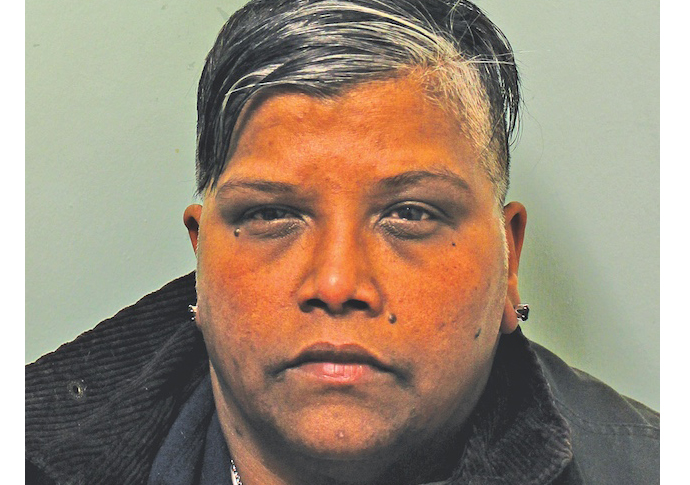Conwoman jailed after £230,000 scam
Couple with sick child tricked into making fake property investments
Friday, 3rd November 2023 — By Izzy Rowley

Haydee Daniel
A CALLOUS fraudster who conned an Islington couple out of more than £230,000 in a relentless scam has begun a lengthy jail term.
Haydee Daniel was this week sentenced to four-and-a-half years in prison for scamming a couple with a young, sick child in 2018 by persuading them to make investments into fake properties.
Daniel convinced the victims she lived a lavish lifestyle and could get them cheap properties through a “contact” at Barclays bank.
Daniel herself played the part of this fake contact, and told the victims that their credit ratings were too low to purchase the properties and they would have to prove they could afford the mortgage repayments.
She told them to make several payments into a specific bank account that she set up, and promised the money would be “ring-fenced” and given back to them once Barclays were satisfied. Daniel would spend this money herself.
Police constable Evan McLoughlin, from the Metropolitan Police’s economic crime unit, told the Tribune that the scammer convinced the couple they couldn’t speak to anyone about their arrangement.
“She would dress it up as her trying to protect the identity of her contact at the bank,” he said.
“Because she knows that if they talk to someone that’s not emotionally invested in the same way, that person might view the situation with the clarity that the victims couldn’t. If someone is telling you not to talk about it with anyone else, that’s a big red flag.”
The scam left her victims destitute and concerned for their child’s future and wellbeing.
As part of her elaborate ruse, Daniel said she only had 18 months left to live as she was dying of cervical cancer, and claimed she wanted to give the victims a better life before she died.
Daniel had been cured of cancer in the 1990s, and was not sick.
PC McLoughlin said: “The impact of this kind of scam is so high because she’ll get to know the people, and find out the situation that makes them vulnerable … People who do fall for these [scams] will lose all faith in other people, and then lose all confidence in themselves. You’ll wonder at the end of it, how did I believe that? With the sort of treatment [for cancer] she was saying she was having, there were signs that none of it was happening. You’d lose all self-confidence.”
Detective Inspector Spencer White, also from the Met’s economic crime unit, said that shame is a barrier for victims of scams in coming forward. “There are potentially lots and lots of [Daniels’] victims out there. A lot of those individuals may never come forward to police, let alone tell their family and friends.”
He warned: “If you’re getting frequent requests to assist with finances from an individual, and it becomes a pattern, and it seems to be things that would be very unusual or rare, for example ‘I’ve got a family member who is dying of cancer’, or ‘I’ve lost my house’ – extremities of what one would normally see in daily life – be curious. It can be done in a nice way. Start asking questions.”
If you are a victim of fraud, contact Action Fraud, the UK’s national reporting centre for fraud and cybercrime at https://www.actionfraud.police.uk